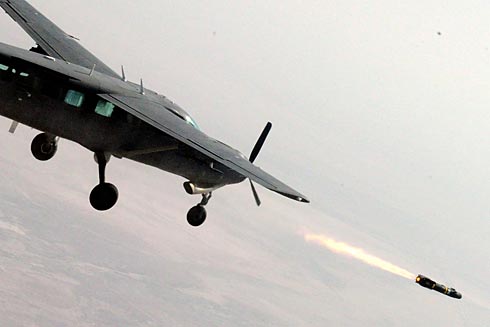As far as war and peace go, closure for Obama is when the United States is surrounded by war and confronted with looming conflicts, and yet has ended them all by declaring that we choose not to be interested in any of them. Obama is right about one thing: losing is certainly a way of reducing the violence.
Genteel defeat is the way of the appeaser and comes from cowardice or expediency, sometimes both. The cowardice may be physical though it is often intellectual, a willful cutting of corners for short-term political gain at the expense of foreseeable long-term geopolitical disaster.
Closure is a pernicious concept. People who use the term sincerely, rather than as cover for some hidden agenda, may have a compulsive aversion to loose ends. Sometimes a loose end or other untidy low-energy equilibrium is the best, least risky, most robust outcome that one can hope for in a bad situation. Obama has achieved closure in Iraq. We could have had a muddy equilibrium stabilized by a few tens of thousands of US troops. Instead we will get closure in the form of a decisive defeat for the USA and its allies following Obama’s principled military withdrawal.


